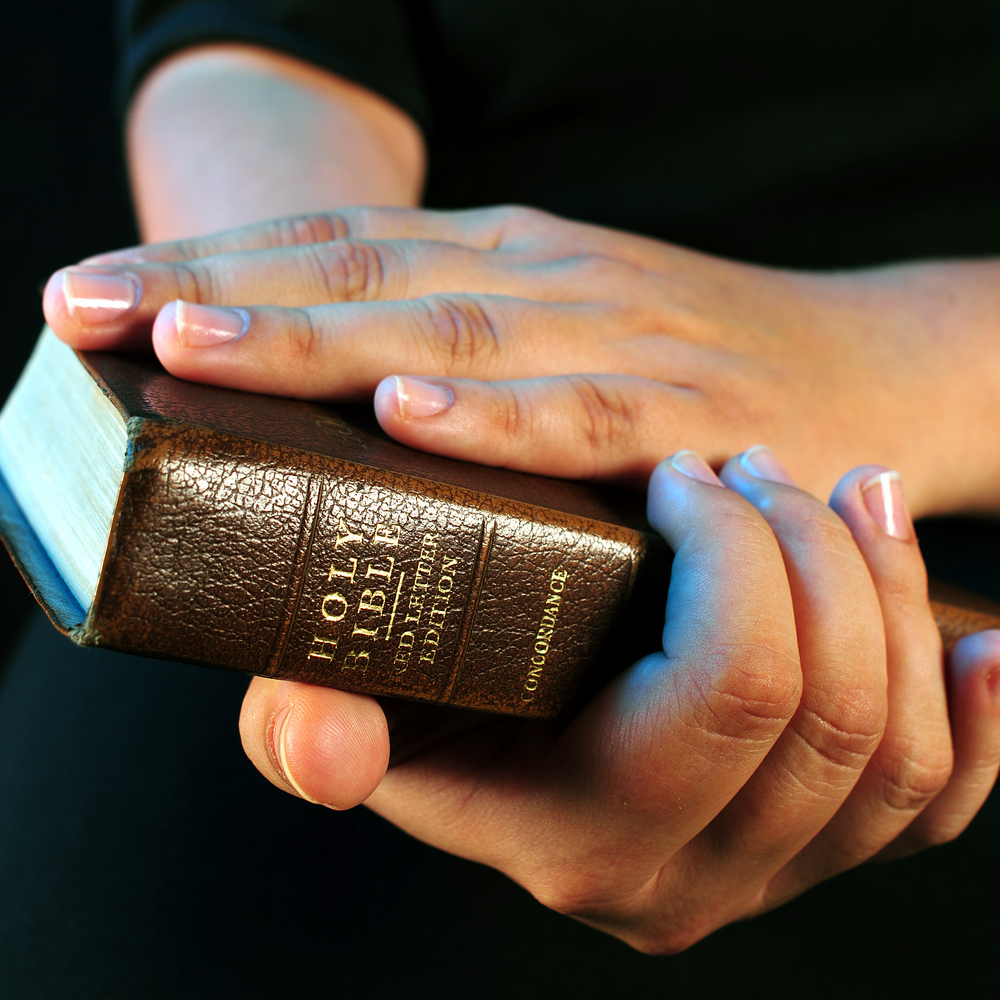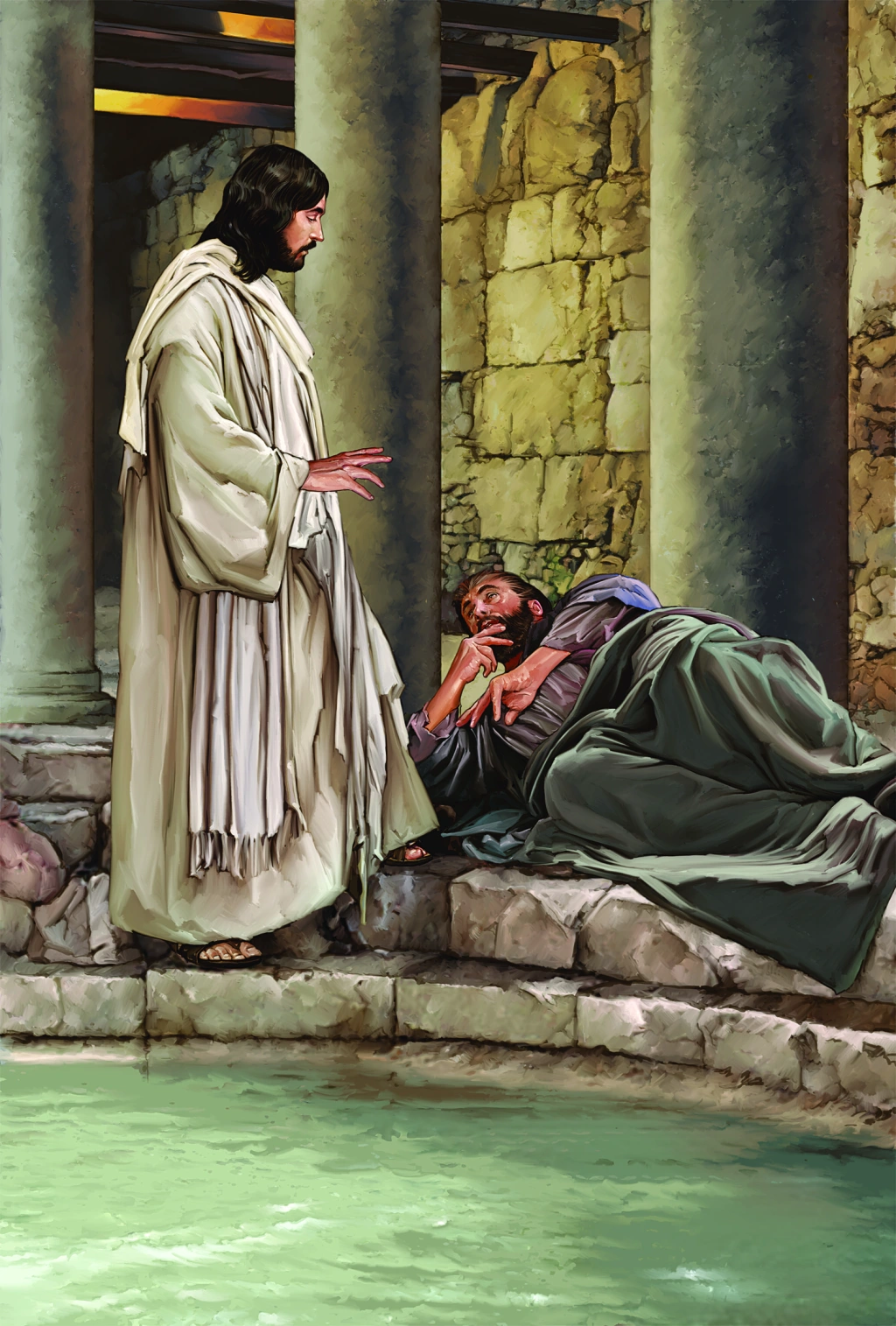Latest
-

Abraham and Sarah,
The love story of Abraham and Sarah diverges from traditional narratives, reflecting complexity and tension. Abraham’s faith often renders Sarah seemingly expendable, while her barrenness symbolizes societal shame. Despite their challenges, God’s promise to make them a great nation showcases divine strength emerging from human frailty, setting the stage for a profound covenant.


